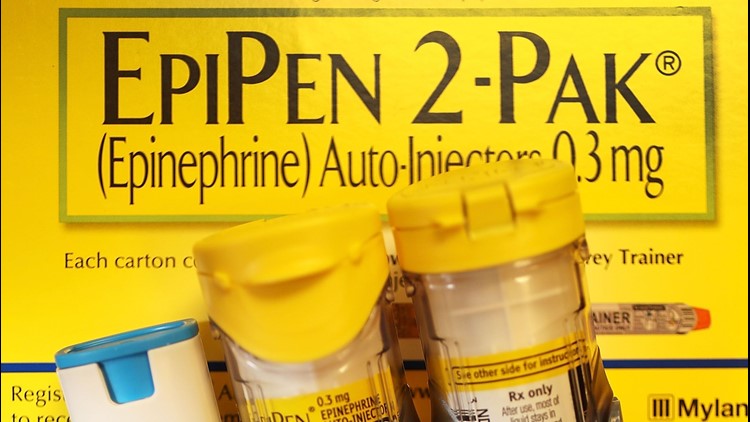Martin Shkreli. Valeant Pharmaceuticals. Mylan. These names have become big news, but just a year ago, most Americans devoted little time and attention to the question of pharmaceutical pricing. Now, a Kaiser Health Tracking Poll released Oct. 27 suggests many people care more about the increasing prices of drugs than they do about any other aspect of health care reform.
Nearly three in four, or 74 percent of respondents, said that making sure that high-cost drugs for chronic conditions are affordable for patients should be a top priority for the next president and Congress. And 63 percent similarly said that government action to lower prescription drug prices should be a top priority.
This poll comes on the heels of highly publicized scandals involving individuals and companies who hike the prices of products like the EpiPen, a life-saving anaphylaxis treatment whose price roughly quintupled in five years, to more than US$600, or Daraprim, a drug used to treat parasitic infections whose price increased by 5,000 percent overnight.
Many drug makers and their CEOs have raised the prices of their products with impunity. As prices have risen, so has the level of outrage among consumers. Policymakers are taking note.
Importantly, to the extent that high drug prices are a problem, it is not an easy one to solve. As academics have argued, there are many different reasons why a drug may have a high price.
We simultaneously want to reward companies who come up with new, innovative cures for chronic conditions while preventing companies from raising the price of older generic drugs without good reason. Coming up with policy interventions that would target only the latter activity while at the same time providing certainty of profit potential to innovators up front can be challenging.
At the same time, policymaking around drug prices is politically difficult. Strong pharmaceutical interest groups oppose seemingly any action in this space, arguing that even actions targeted at generic drugs would decrease innovator companies’ incentives to invest in new cures. Although I and others have argued that this concern is oversimplified, it nonetheless has had a significant impact on the debate.
Despite this opposition, the growing appetite among the public for doing something, anything, about high drug prices has led to a proliferation of policy proposals on the subject. These proposals would affect different drugs and would act on different institutions within the drug pricing ecosystem. As we approach Election Day, it is worth thinking about which of these actions would be implemented at different levels of government. Given the different proposals and the concerns that people have expressed over high drug prices, it’s worth looking at possible solutions.



